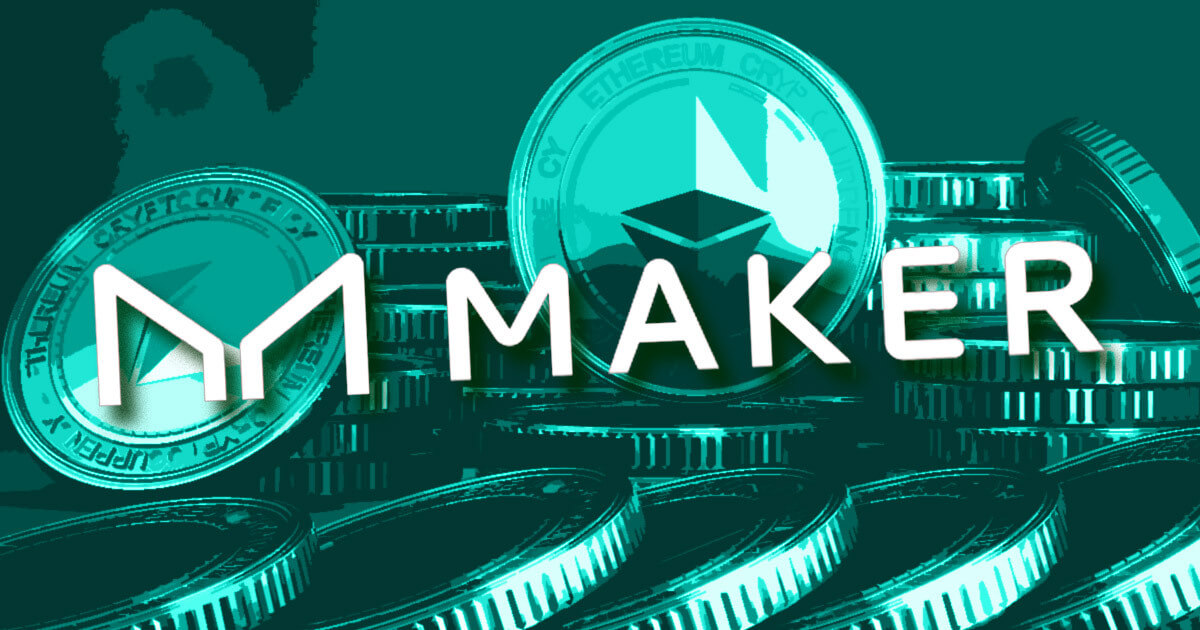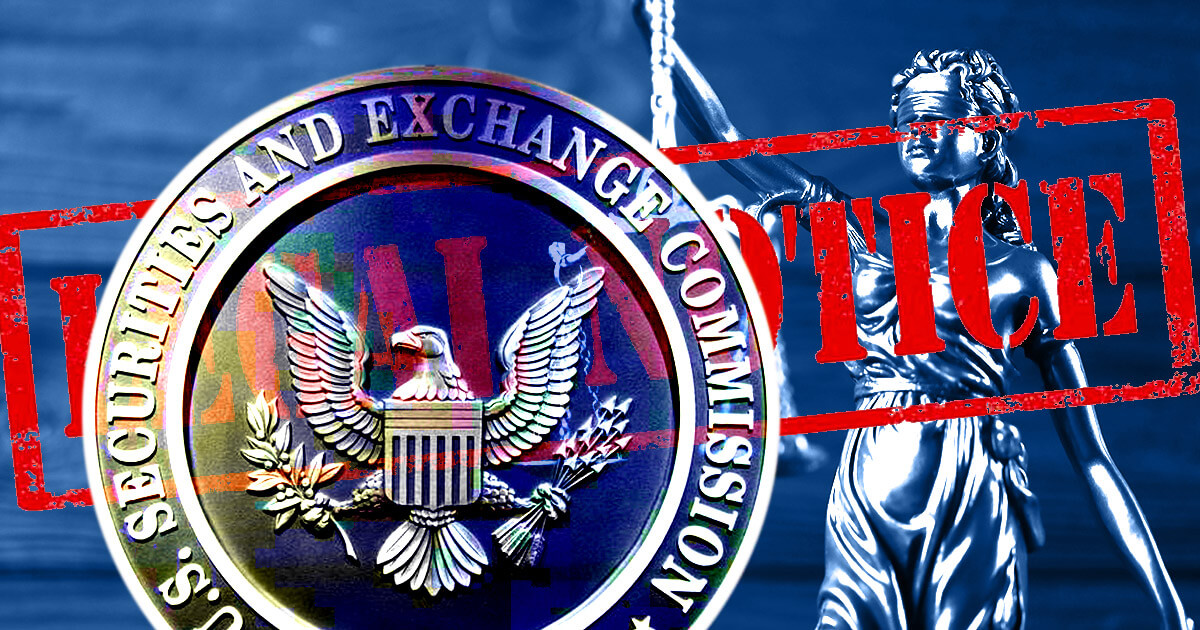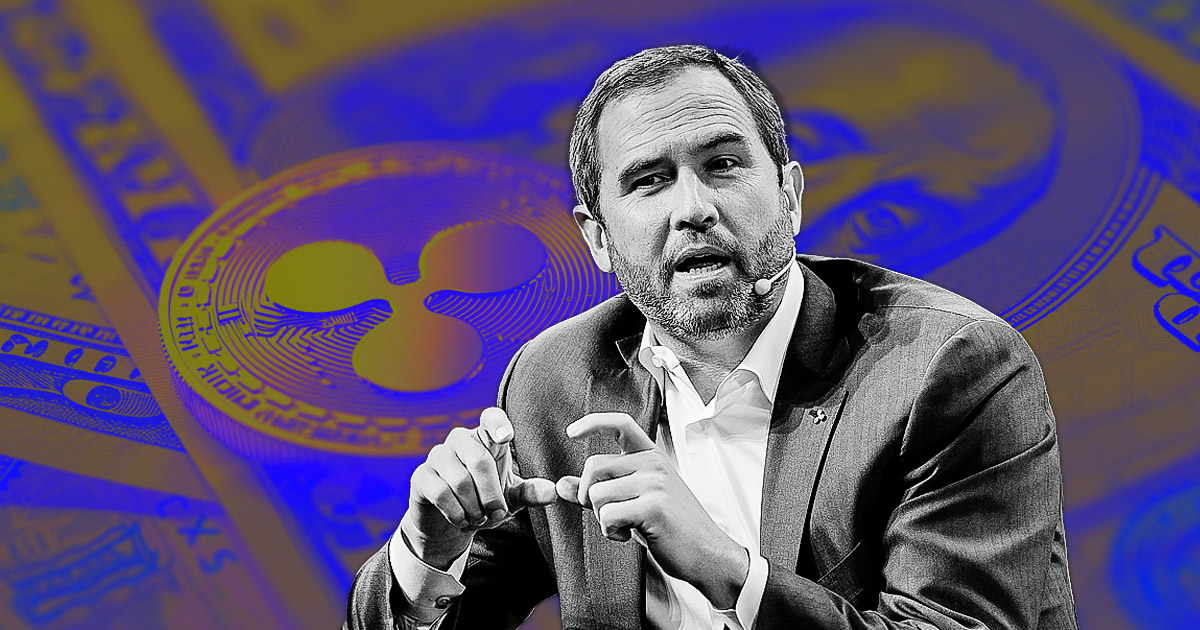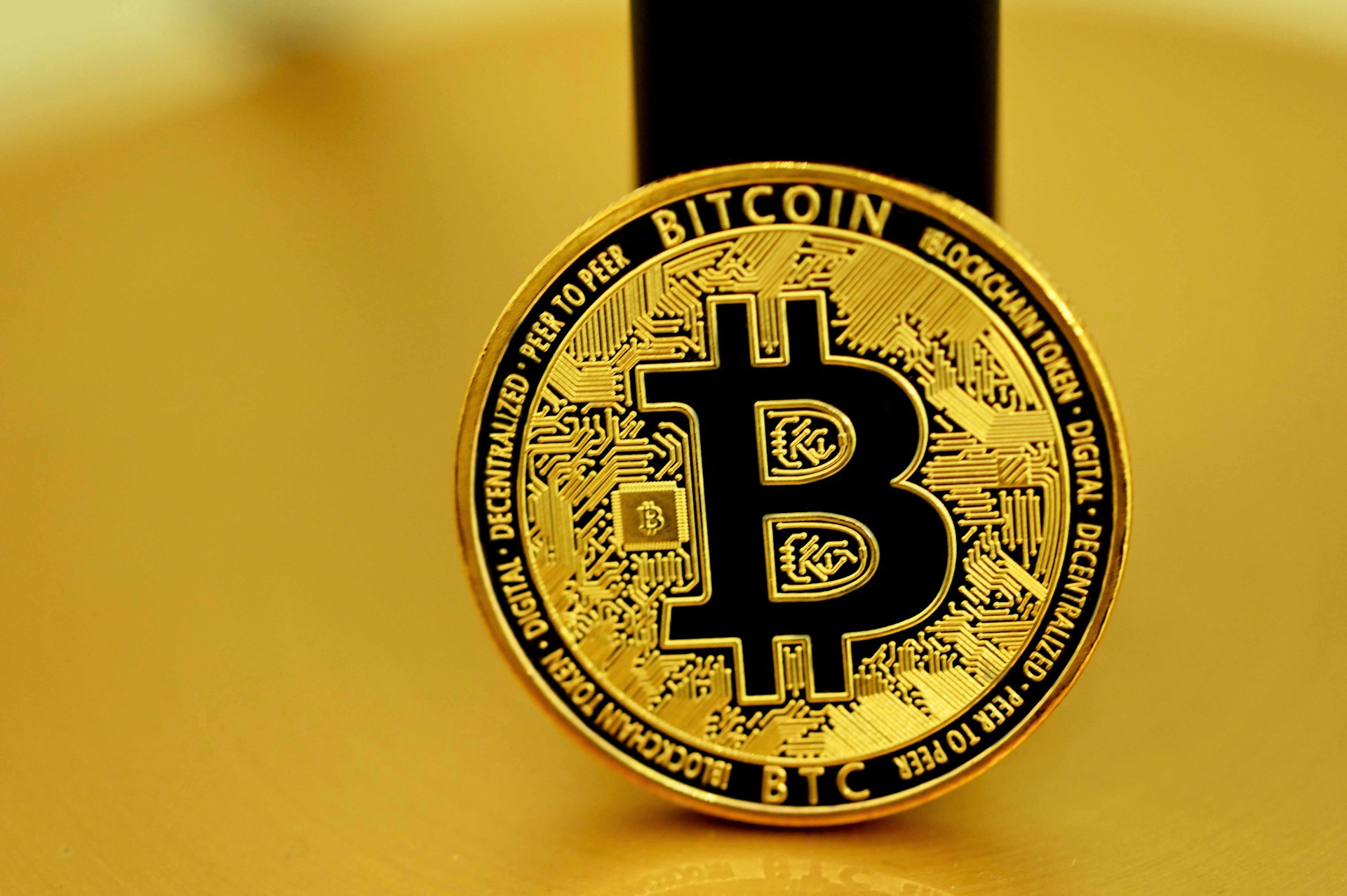All five SEC commissioners, including crypto-skeptic chair Gary Gensler, testified at a full congressional hearing where the agency was criticized for its “scorched earth” regulatory approach.
Gary Gensler, chair of the U.S. Securities and Exchange Commission, along with commissioners Hester Peirce, Mark Uyeda, Caroline Crenshaw, and Jamie Lizárraga, appeared before members of the U.S. House Financial Services Committee to discuss crypto oversight for the first time since 2019.
Lawmakers criticized SEC Chair Gary Gensler and the watchdog over its aggressive enforcement action strategy toward digital assets. For years, industry proponents and some politicians have argued that Gensler and the SEC have burdened the nascent industry with policy uncertainty.
Gensler, who often asserts that most cryptocurrencies are securities, and regular dissenter Commissioner Peirce, were specifically questioned about the SEC’s unclear language regarding blockchain-based virtual currencies like Ethereum (ETH).
Peirce stated that the agency has failed to provide regulatory clarity for crypto despite possessing the tools to dispel confusion. She argued that using ambiguous language, such as suggesting that crypto tokens are inherently securities, has worsened the agency’s ability to oversee markets.
Representative French Hill supported Peirce’s views, adding that the SEC has been “frontrunning Congress on crypto regulation” and has attempted to seize crypto oversight through broad enforcement actions. Hill and Peirce emphasized that statutory assistance from Congress could establish a comprehensive regulatory framework, especially since the “rogue SEC” has avoided rulemaking.
Rep. Tom Emmer particularly blasted chair Gensler for fabricating terms like “crypto asset security.” The agency recently backtracked on this supposed shorthand and pledged to avoid using the phrase in future litigations.
Ranking member Maxine Waters also urged Chair Patrick McHenry to continue negotiations on stablecoin policies before the end of 2024, as McHenry is set to retire in early 2025. The two have been discussing regulations for fiat-pegged tokens for months, and experts from Bitwise and the S&P surmised such a bill could transform the global digital economy.
Gensler and SEC under Congressional squeeze
The hearing, titled “Oversight of the Securities and Exchange Commission,” came shortly after the Financial Services Committee’s “Dazed and Confused: Breaking Down the SEC’s Politicized Approach to Digital Assets” meeting. Last week, Gensler and the commission similarly faced criticism from legislators and private advisors.
Dan Gallagher, a former SEC commissioner and Robinhood’s CLO, recalled near-radio silence from the SEC staff when the digital asset exchange attempted to register.
Gallagher’s testimony, offering insight into the full congressional hearing with all five SEC commissioners, echoed the sentiment that only Congress can resolve the commission’s failure to provide regulatory clarity for crypto.
Ahead of the Sept. 24 FSC meeting, Republican lawmakers led by Committee chair Patrick McHenry also demanded that the SEC, Federal Reserve, Federal Deposit Insurance Corporation, and Office of the Comptroller of the Currency revoke Staff Accounting Bulletin 121.
Staff bulletins like SAB 121 are not official SEC interpretations, according to the agency’s website, which GOP Representatives cited. Yet, the securities watchdog’s staff have apparently held closed-door meetings with select companies and dished out SAB 121 exemptions.
The news drew the ire of crypto industry participants, who accused the SEC of unfairly picking winners and losers in the competitive digital asset custody market.
It remains unclear whether Bank of New York Mellon, the largest custodial bank in the U.S., received its SAB 121 exemption during one of these supposed clandestine consultations.
Additionally, before the GOP letter, Republican politicians had questioned Gensler and the SEC regarding potential political bias in employee recruitment and staff promotions. Gensler was scheduled to testify again before the Senate Banking Committee on Wednesday, Sept. 25. However, the meeting was postponed, with a new date not available at press time.

















 English (US) ·
English (US) ·